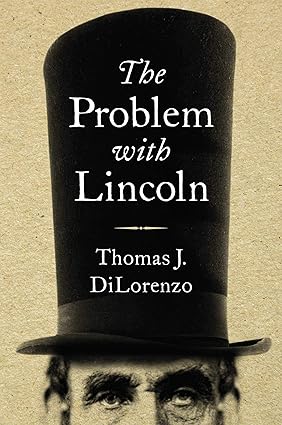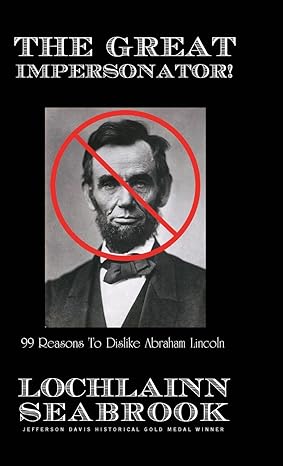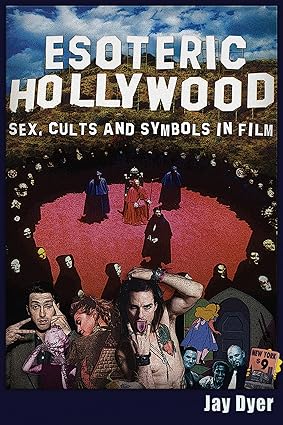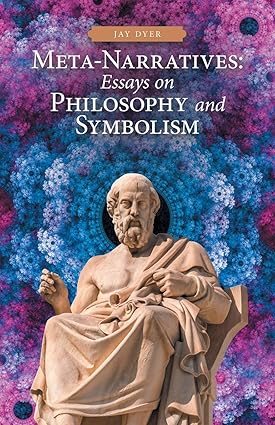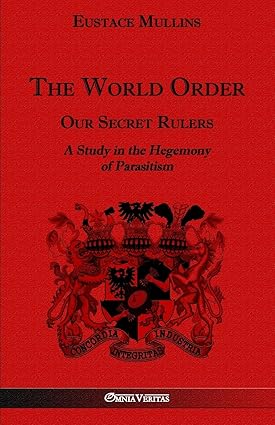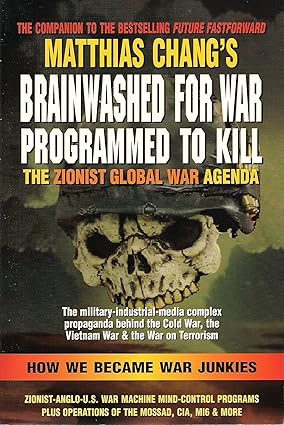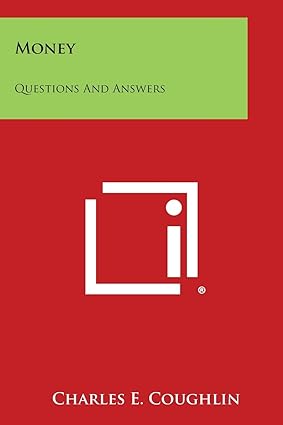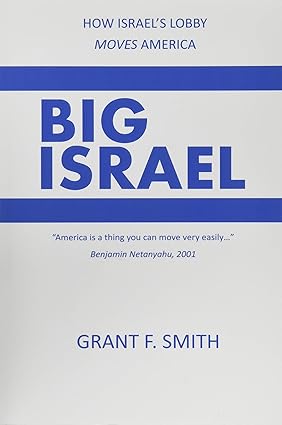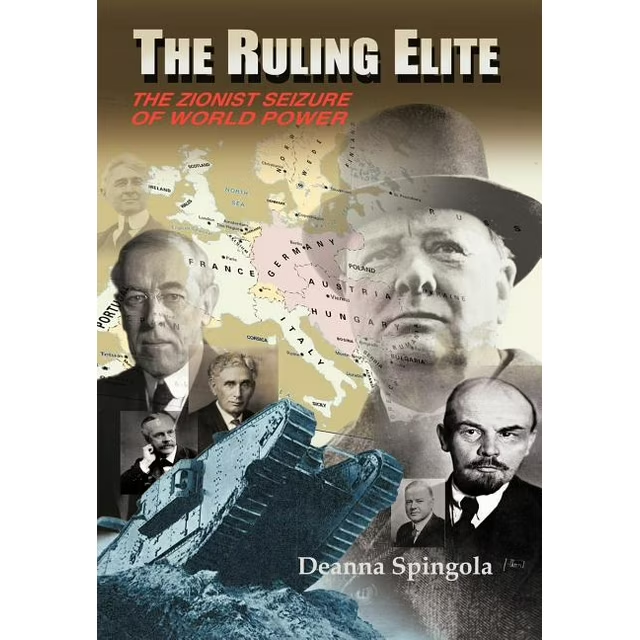At Working Man Finance, we believe that financial independence starts with mental independence.
Over the years, many of us have been shaped—sometimes unknowingly—by programming, propaganda, and indoctrination coming from the media, education systems, and even government institutions.
The books listed below have been valuable tools in helping people think critically, challenge assumptions, and see the world through a different lens.
Important Note: Some of these books present viewpoints that are considered controversial or unconventional. Sharing them here is not an endorsement of every idea they contain.
Instead, these works are offered as food for thought—resources that may help you break free from the narratives that often limit independent thinking.
As always, I encourage you to approach any book with discernment, do your own research, and form your own conclusions.
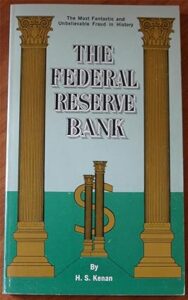
The Federal Reserve Bank
H. S. Kenan provides a critical examination of the Federal Reserve System, its creation, and the influence it wields over the U.S. economy. A thought-provoking read for those questioning mainstream financial institutions.
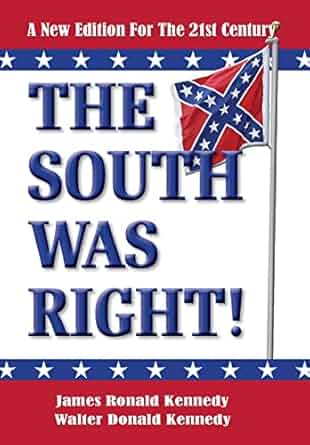
The South Was Right!
James Ronald Kennedy and Walter Donald Kennedy present arguments defending the Southern perspective on the Civil War and its aftermath. This book challenges prevailing historical narratives and invites readers to reconsider a complex chapter of U.S. history.

War Crimes Against Southern Civilians
Walter Brian Cisco uncovers the often-overlooked suffering of Southern noncombatants during the Civil War, documenting acts that many consider violations of the rules of war. A sobering addition to Civil War scholarship.
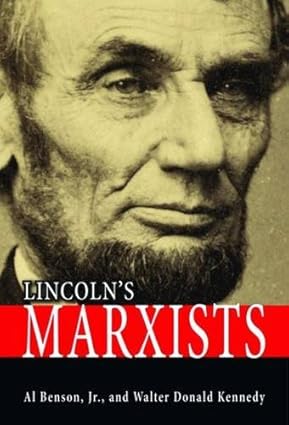
Lincoln’s Marxists
Walter Kennedy and Al Benson examine connections between Marxist thought and certain elements of the Union cause during the Civil War. This book offers a controversial take that challenges conventional views of the conflict.
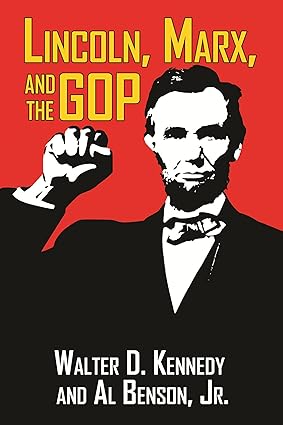
Lincoln, Marx, and the GOP
This follow-up by Kennedy and Benson delves deeper into ideological ties between 19th-century socialism and Republican Party origins, offering a perspective that questions familiar political narratives.
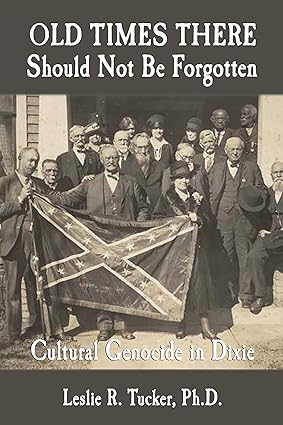
Old Times There Should Not Be Forgotten
Leslie R. Tucker explores what he views as the erasure of Southern culture and history following the Civil War. This work addresses topics of memory, heritage, and cultural identity with a critical lens.
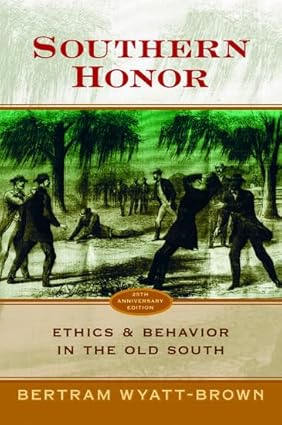
Southern Honor
Bertram Wyatt-Brown explores the complex code of honor that shaped personal and public life in the Old South. A respected academic work that provides historical insight into Southern culture and ethics.

Dixie After the War
Myrta Lockett Avary offers a vivid account of the post-Civil War South, reflecting perspectives of her era. Readers should approach this historical document with critical awareness of its context and biases.
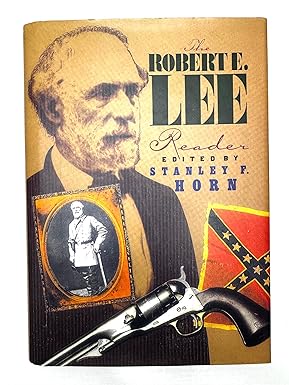
The Robert E. Lee Reader
Stanley F. Horn compiles writings and reflections on Robert E. Lee, providing a broad look at his life, leadership, and legacy. A resource for readers seeking primary sources and historical essays.
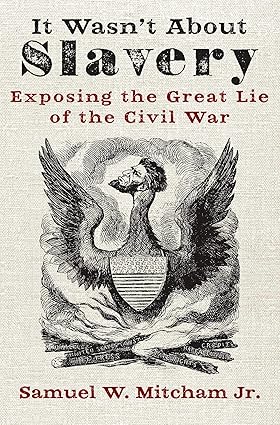
It Wasn’t About Slavery
Samuel W. Mitcham Jr. presents a controversial take on the causes of the Civil War. Readers are encouraged to examine this book with critical thinking and explore multiple viewpoints on the topic.
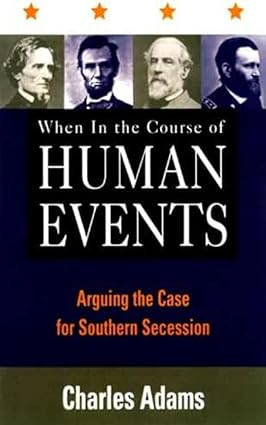
When in the Course of Human Events
Charles Adams offers arguments for Southern secession that challenge conventional narratives. This book invites readers to consider alternative interpretations of Civil War history.
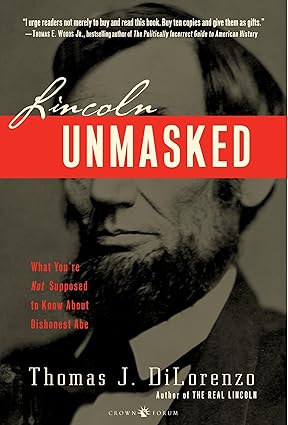
Lincoln Unmasked
Thomas J. DiLorenzo questions common portrayals of Abraham Lincoln in this provocative book. As with any historical analysis, readers should compare multiple sources and perspectives.
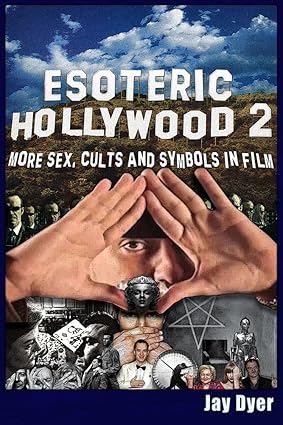
Esoteric Hollywood II
Jay Dyer continues his deep dive into symbolism, secret cults, and hidden agendas within the film industry. This sequel invites readers to question mainstream media narratives.
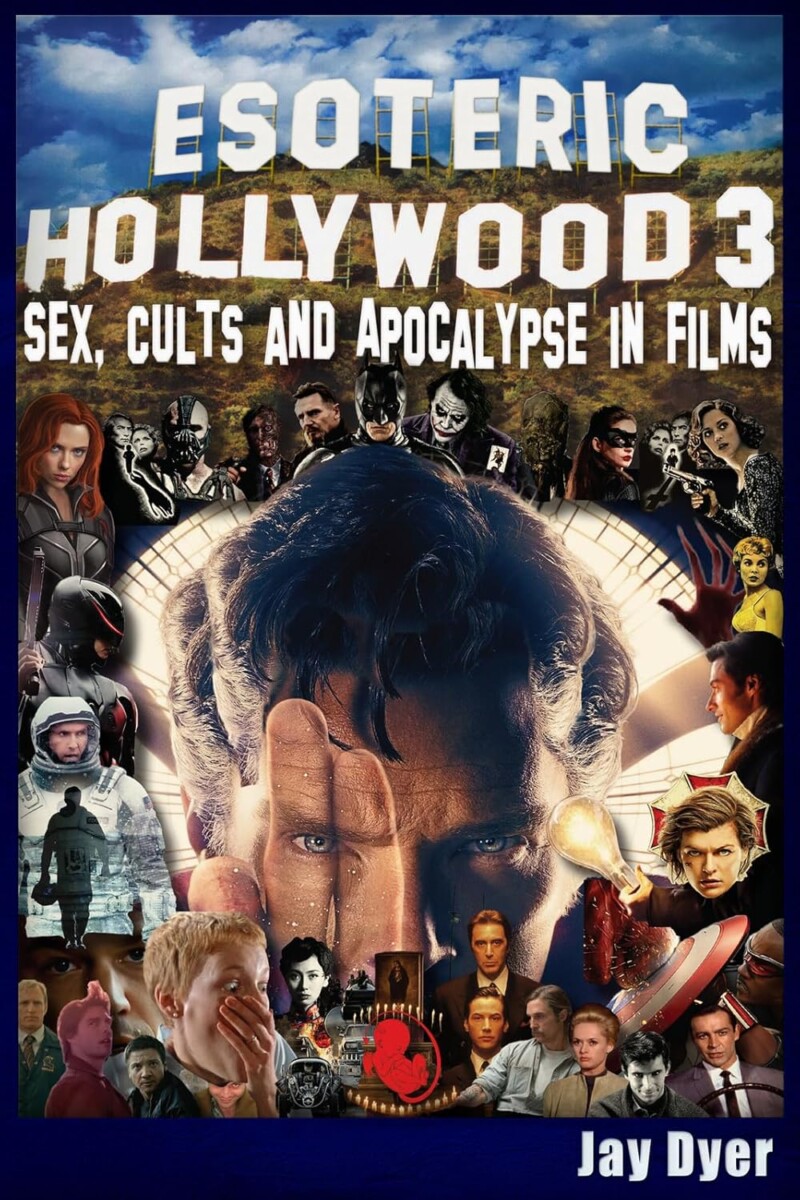
Esoteric Hollywood 3
The third volume of Jay Dyer’s series expands on apocalyptic symbolism and the interplay of cult influences in cinema, encouraging readers to explore beyond surface storytelling.
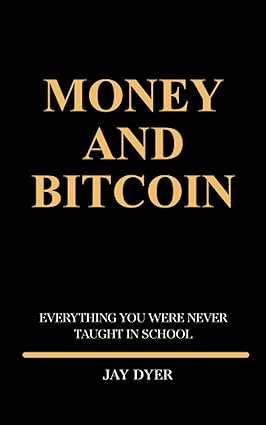
MONEY AND BITCOIN
Jay Dyer breaks down the financial system and the rise of Bitcoin, presenting concepts often overlooked in traditional education. This book is designed to open readers’ eyes to new monetary ideas.
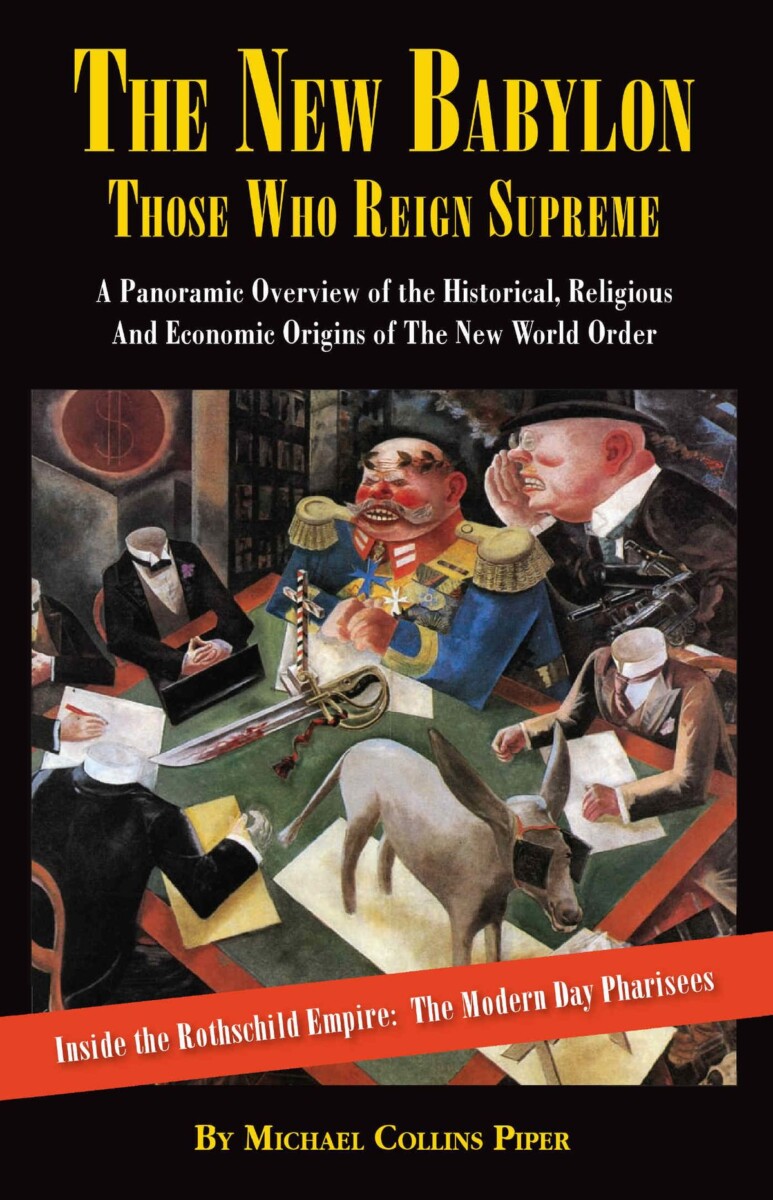
The New Babylon: Those Who Reign Supreme
Michael Collins Piper explores the hidden powers controlling world events, offering a provocative examination of conspiracy and occult influences behind global affairs.

Final Judgment: The Missing Link in the JFK Assassination Conspiracy
Michael Collins Piper reveals critical evidence and insights that challenge official accounts of JFK’s assassination, shedding light on a long-overlooked conspiracy.
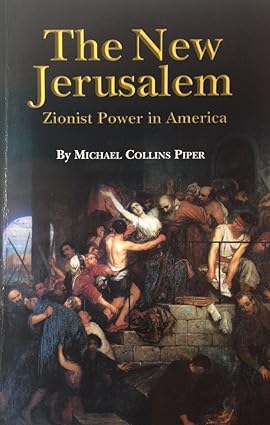
The New Jerusalem: Zionist Power in America
Michael Collins Piper examines the influence of Zionist groups in American politics and society, offering a detailed look at their power and reach.
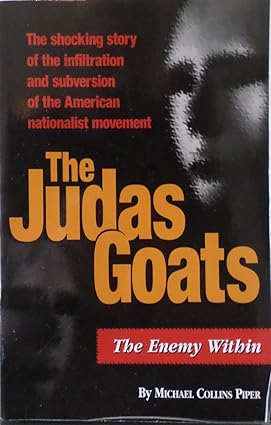
The Judas Goats: The Enemy Within
Michael Collins Piper reveals hidden infiltrators undermining nationalist movements in America and beyond.
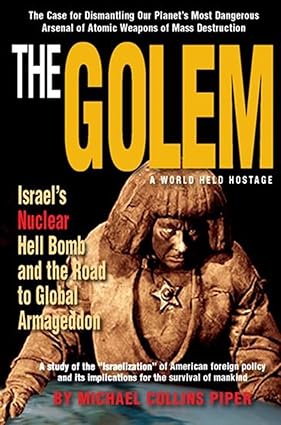
The Golem a World Held Hostage, Israel’s Nuclear Hell Bomb and the Road to Global Armageddon
Michael Collins Piper explores Israel’s nuclear arsenal and its impact on world stability and peace.
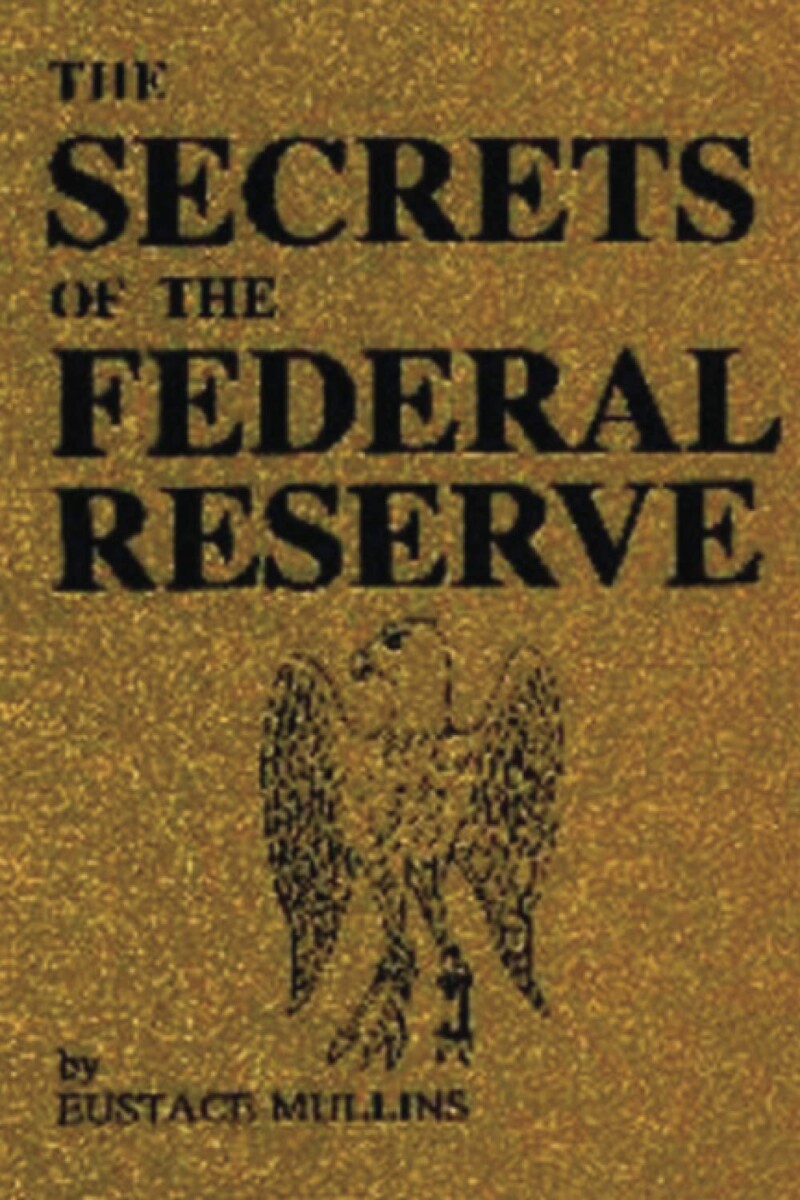
The Secrets of the Federal Reserve
Eustace Mullins uncovers the origins and hidden influence of the Federal Reserve on U.S. economic policy.
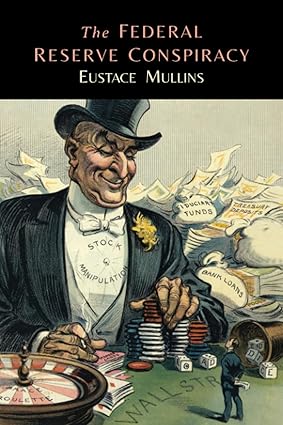
The Federal Reserve Conspiracy
Eustace Mullins exposes the hidden forces behind the creation and control of the Federal Reserve System.
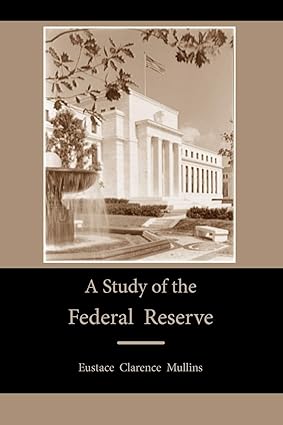
A Study of the Federal Reserve
Eustace Mullins provides a detailed investigation of the Federal Reserve’s structure and impact on America.
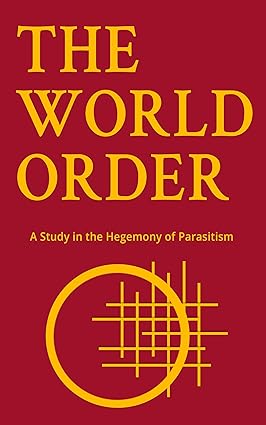
The World Order: A Study in the Hegemony of Parasitism
Eustace Mullins explores the elite networks allegedly dominating global power structures.
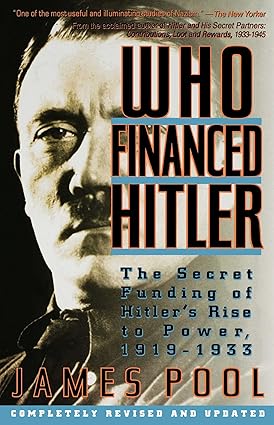
Who Financed Hitler: The Secret Funding of Hitler’s Rise to Power
James and Suzanne Pool trace the hidden sources of Hitler’s financial backing and how it enabled his ascent.
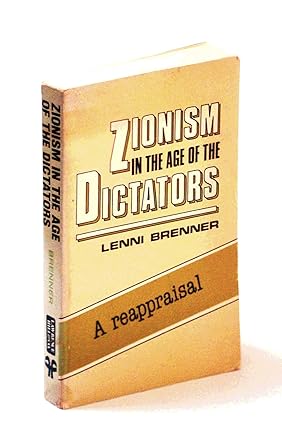
Zionism in the Age of the Dictators
Lenni Brenner examines the controversial ties between Zionist leaders and European fascist regimes.
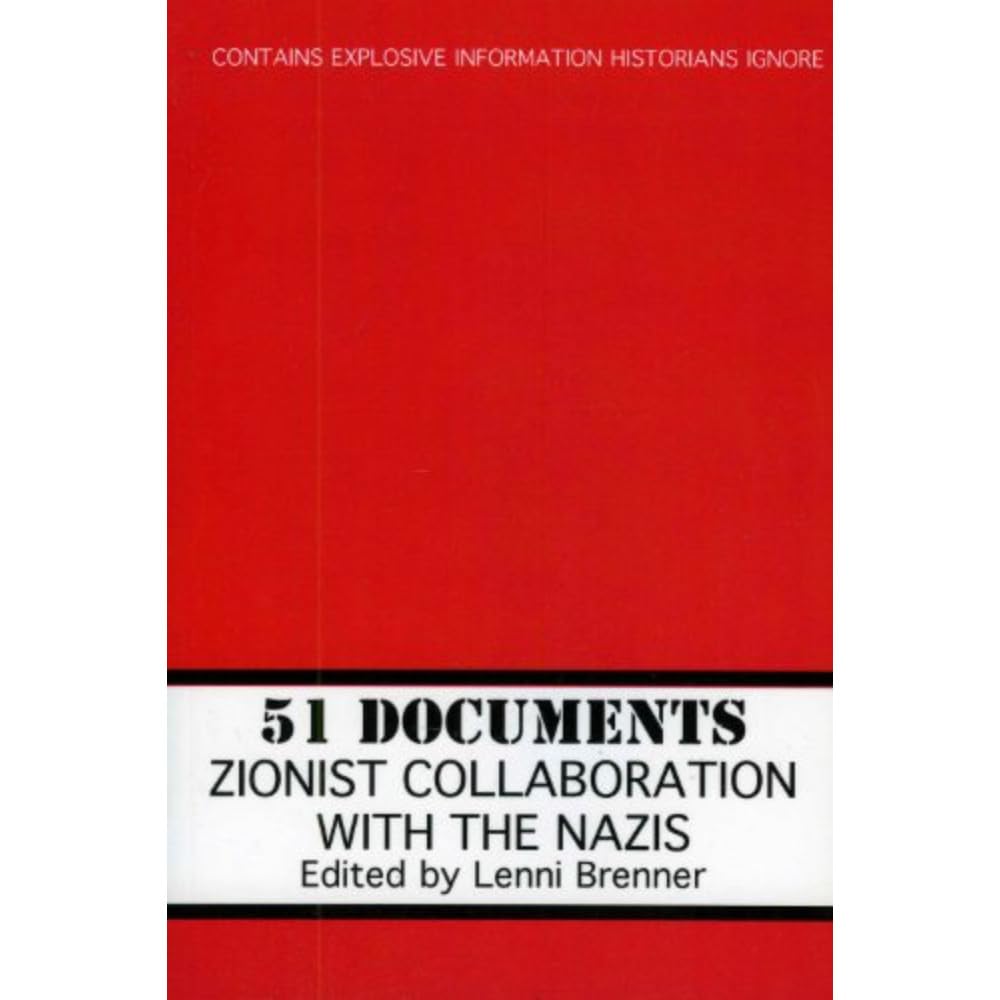
51 Documents: Zionist Collaboration With the Nazis
Lenni Brenner presents original documents detailing cooperation between Zionist groups and Nazi officials.
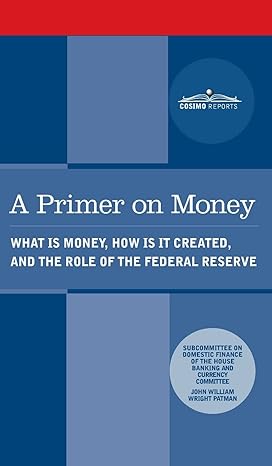
Primer on Money
Wright Patman explains what money truly is, how it’s created, and the Federal Reserve’s hidden role in shaping economic outcomes in America.
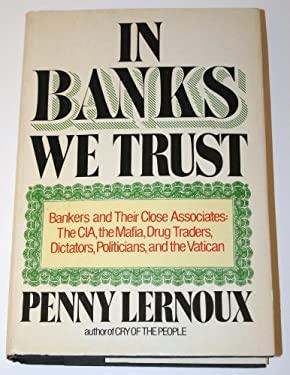
In Banks We Trust
Penny Lernoux exposes deep connections between international bankers and global power players—from the CIA to dictators and religious institutions.
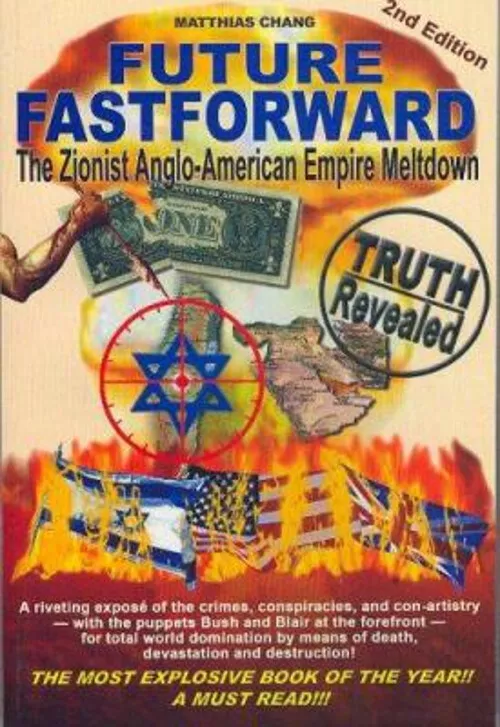
Future Fast Forward
Matthias Chang lays out the rapid collapse of the Zionist-Anglo-American empire, tying together geopolitics, global finance, and engineered conflicts.
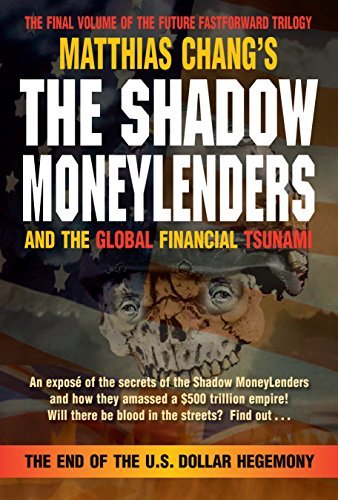
The Shadow Money Lenders
Matthias Chang exposes the shadow banking system and its role in manufacturing financial crises to consolidate power over global markets.
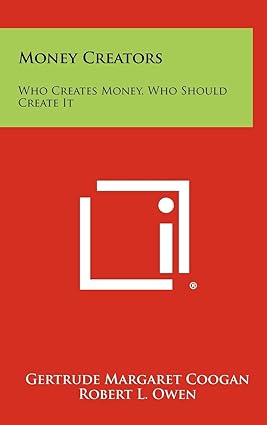
Money Creators
Gertrude Coogan lays out the history of money creation in America and argues why control of currency should return to the people—not bankers.
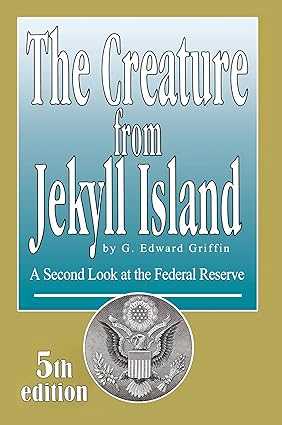
The Creature from Jekyll Island
G. Edward Griffin delivers a hard-hitting exposé of the Federal Reserve’s origins, revealing how a secret 1910 meeting created America’s central bank.
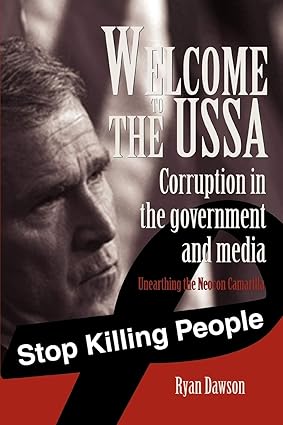
Welcome to the USSA
Ryan Dawson tackles the Orwellian transformation of America, exposing corruption in both government and media institutions.
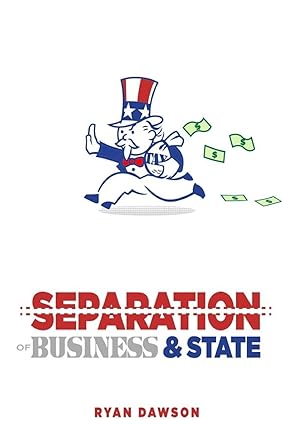
The Separation of Business and State
In this companion work, Dawson argues for breaking the collusion between corporate power and political authority that fuels modern corruption.

Who Killed Epstein?
Shaun Attwood explores the sinister web surrounding Jeffrey Epstein’s death, pointing fingers at elite suspects like Prince Andrew and Bill Clinton.

The CIA as Organized Crime
Doug Valentine exposes how the CIA’s illegal operations undermine democracies and empower global criminal networks.
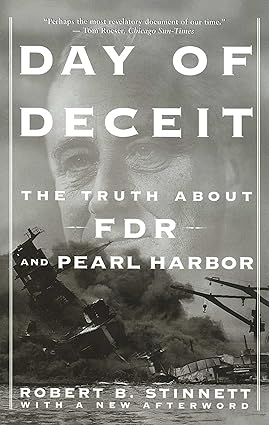
Day Of Deceit
Robert Stinnett reveals evidence suggesting that FDR deliberately provoked and allowed the attack on Pearl Harbor.
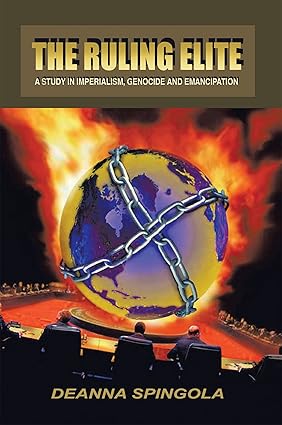
The Ruling Elite: Imperialism
Deanna Spingola investigates how elite power structures use imperialism and genocide to maintain global control.

